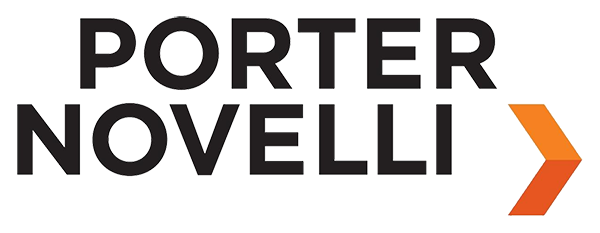Degree Enters the Adaptive Design Space

Degree Enters the Adaptive Design Space
Over the years, we’ve seen continued growth of adaptive products from brands such as McDonalds, Tommy Hilfiger, Microsoft and others. Yet, as many have noted, there are still more clothing lines for dogs than there are for people with disabilities. So as demand and interest heighten for more inclusive design, brands are finding new ways to enter the space. Today we dive into Degree Deodorant’s innovative prototype for making daily hygiene inclusive.
This week, Degree Deodorant launched a beta program for the world’s first deodorant designed for people with disabilities. Degree INCLUSIVE was created with a wide range of disabilities in mind. The packaging includes a braille label, a hook to get leverage for easier opening, better grips, a larger applicator for uncomplicated use and a magnetic top for effortless capping when finished. The antiperspirant brand made sure to have people with disabilities at the heart of the design by collaborating with Chicago Lighthouse, Open Style Lab and the Muscular Dystrophy Association. Aline Santos Farhat, EVP of Global Marketing and Chief Diversity and Inclusion Officer at Unilever, explained that Degree Deodorant wants this launch to motivate other brands and “to inspire bold action across the industry to ensure that people with disabilities have an equal playing field.” While the product is still in the testing phase, interested parties can sign up for email updates for information on when the groundbreaking item will be available.
While representation is important, the call for adaptive and universal design is amplifying exponentially. One in four Americans lives with a disability, making it the largest minority with an impressive $500 billion in purchasing power. Today’s example showed how brands can innovate their current products and services by going beyond marketing to designing for and with persons with disabilities.

